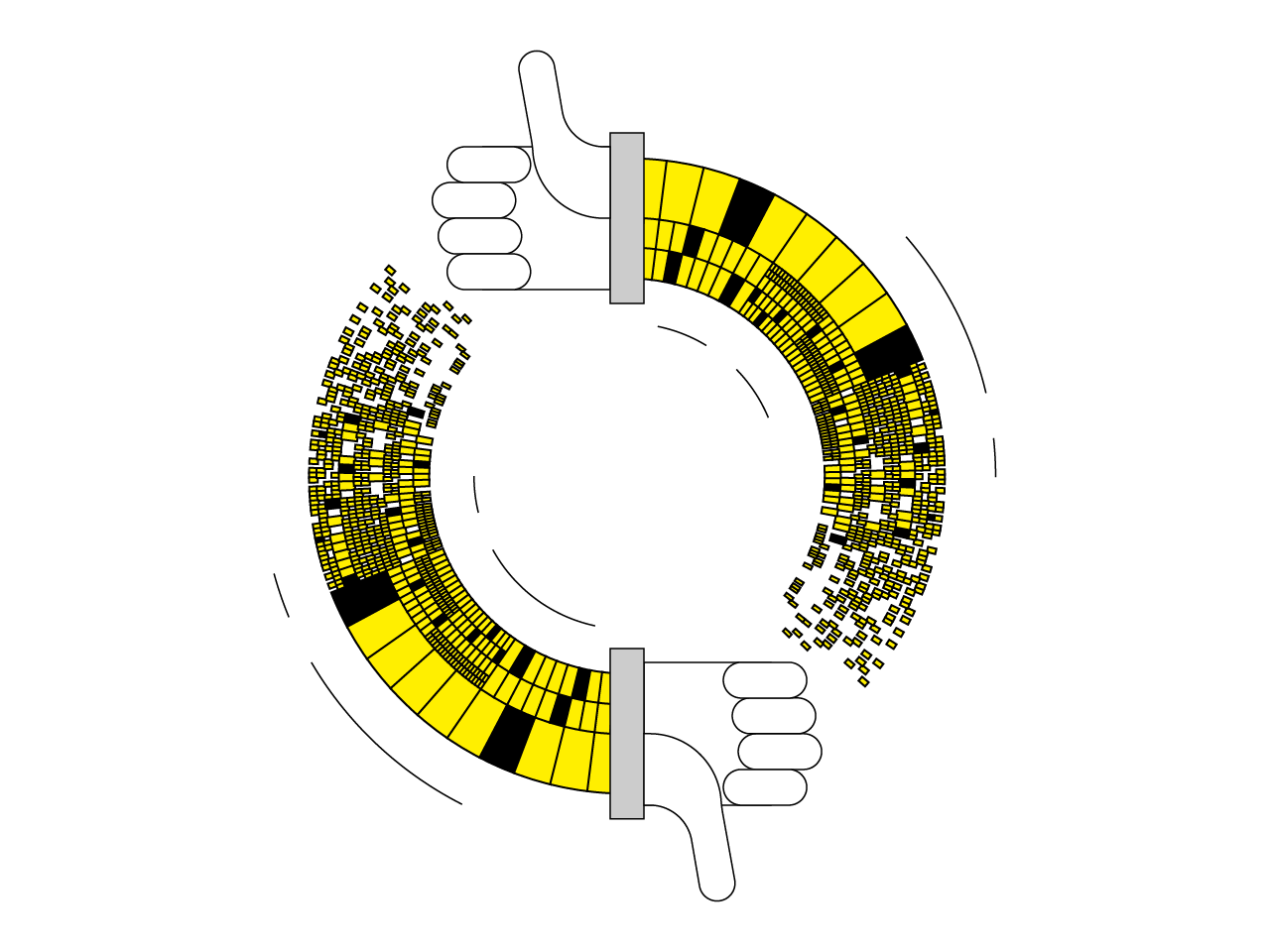
Misunderestimating openness – Open Future

Clearly @vkhosla can profit financially from a closed approach to AI.
But I don't think that his main reason to oppose open source frontier models.
He is genuinely worried about China getting its hands on it.
That worry is misguided.
First, Chinese AI scientists and engineers... See more
Yann LeCunx.comAs Luis Villa phrases it in his review of the paper, “”open” is not a magic bullet to the heart of power.”
Open Source AI and the Paradox of Open – Open Future
Yet it seems to me that the process of globalisation is not simply a crude attempt to acquire riches. It is that, for sure, but there is a belief system that undergirds it. Commerce is the engine, but what is happening to us all now is not simply about profit. The Machine has its own value system, as we have seen. Capitalist globalisation carries
... See more